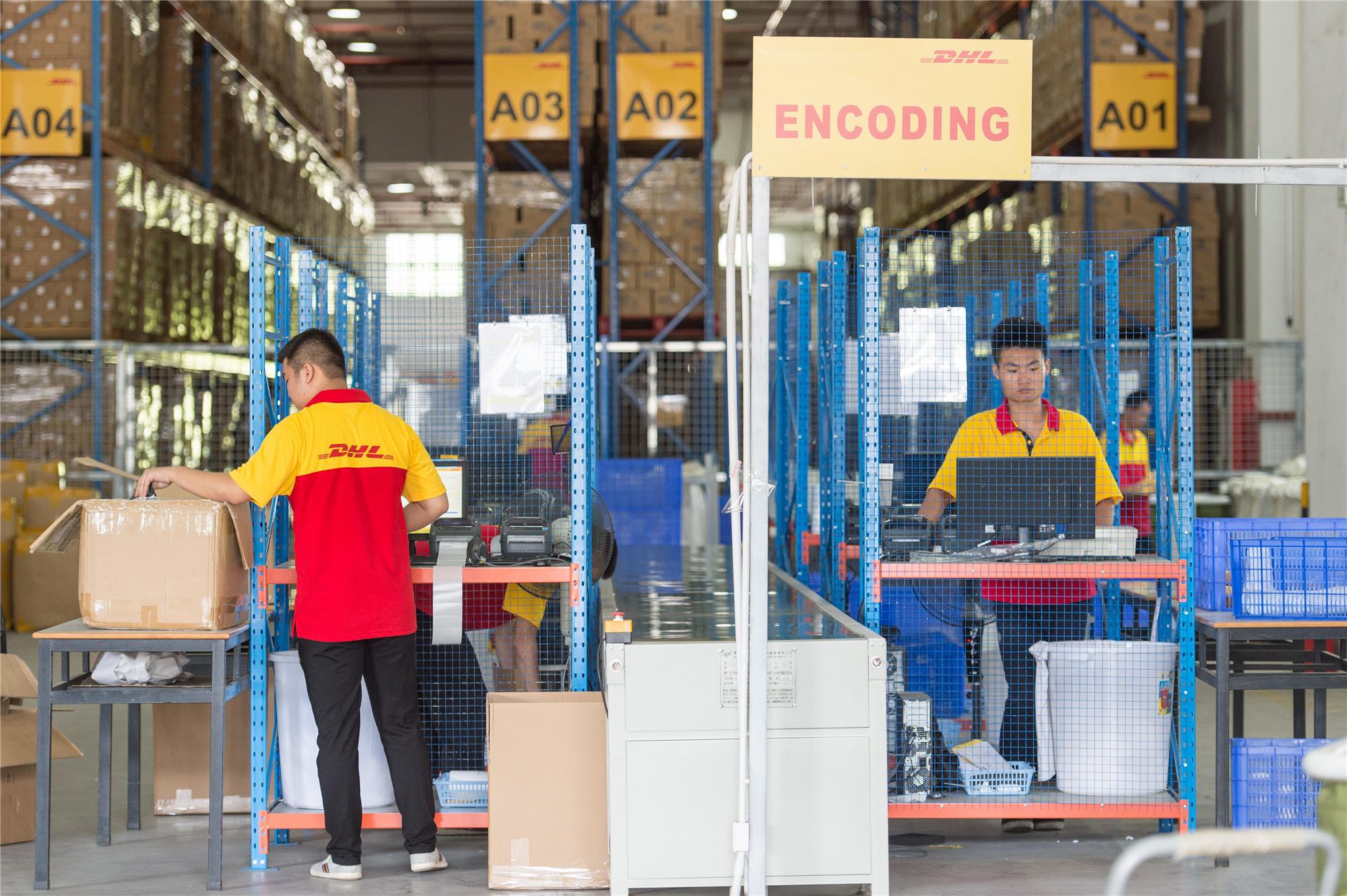The integrators are aggressively building up their positions in the international e-commerce logistics arena with new solutions and aggressive growth targets.
In June, DHL’s e-commerce division opened a new distribution centre in Shenzhen that is geared to handle up to 18 million shipments a year. Serving as the consolidation point for international outbound shipments from southern China, it caters to manufacturers as well as the region’s growing base of online retailers.
The company announced plans to expand its existing e-commerce consolidation centres in Shanghai and Hong Kong to process 48 million and 71 million shipments per annum respectively. Since its launch last July, the Shanghai distribution centre has seen an increase of 700% in outbound e-commerce shipments from China, according to the company.

In addition, DHL has introduced an enhanced customer web portal that enables e-tailers to integrate online orders directly into the DHL network. The portal lets e-tailers prepare their shipments and track them and activate an online pick-up service request from their preferred location.
“We see significant potential in China’s e-commerce sector, particularly between China and the US, where we’ve seen triple-digit growth since 2015,” commented Charles Brewer, CEO of DHL eCommerce.
The company aims to boost its overall presence in China by over 50% this year.
E-commerce was also a major driver behind a 135% surge in operating income for FedEx in its express segment in the quarter ended May 31. According to the integrator’s top brass, a profit-improvement programme launched last year and lower fuel costs were additional factors bringing about the result.
FedEx is aiming to boost its position in the e-commerce logistics arena with the launch of its CrossBorder, a subsidiary of FedEx Trade Networks, which offers e-commerce technology solutions that enable e-tailers to navigate common cross-border selling issues like regulatory compliance, secure payment processing, multi-currency pricing, or credit card fraud protection, and gives them access to shoppers around the globe.
“Customers are looking for ways to tap into e-commerce markets internationally, and FedEx CrossBorder helps provide that access,” said James R. Muhs, president and CEO, FedEx Trade Networks.
The integrator underscored its optimism about the growth in e-commerce and express flows with the confirmation of an order for six more Boeing 767-300 freighter aircraft. These will join its fleet in fiscal 2019 and 2020.
FedEx is not going to be able to push too aggressively on expanding in e-commerce in the coming years, though, as a chunk of its attention will be focused on the integration of TNT, which was formally taken over by the US firm on May 25. According to some sources, the integration will likely take years.
According to a UPS study released in early June called ‘Pulse of the Online Shopper,’ e-commerce has begun to eclipse brick-and-mortar shopping among avid users. A survey of online shoppers, which has been running for five years, found that respondents made 51% of all their purchases online, up from 48% last year.
The e-commerce boom has also lifted the fortunes of UPS, which tabled a 15% rise in international operating profit in the first quarter, with earnings per share rising 13% to set a new record. Management noted that results were up across all regions, including the domestic US arena.
Partly to counter the FedEx-TNT marriage, UPS has been busy beefing up its ground infrastructure in Europe. It has unveiled plans for a 30,000-square-metre facility south of Paris to replace its two existing ground hubs serving the French capital. The US$100 million facility will have 125 parking positions and a sort capacity of 37,000 packages per hour. UPS said the new facility is part of its broader 19-country European strategy to support growing cross-border e-commerce trade by reducing transit times by two days for its most economical express services.
By Ian Putzger
Air Freight Correspondent | Toronto



